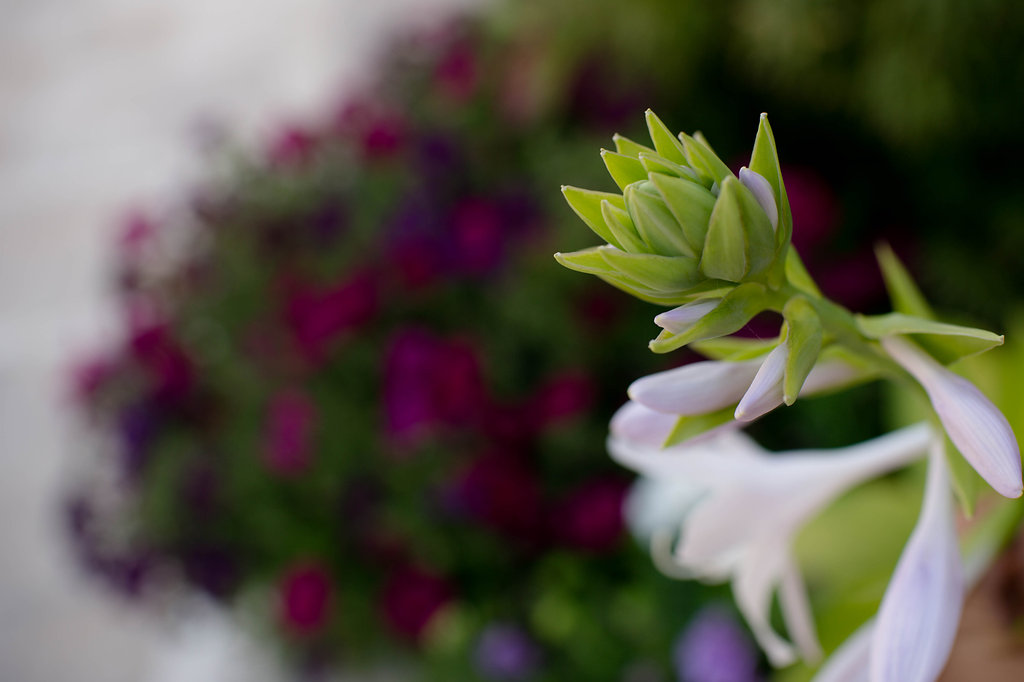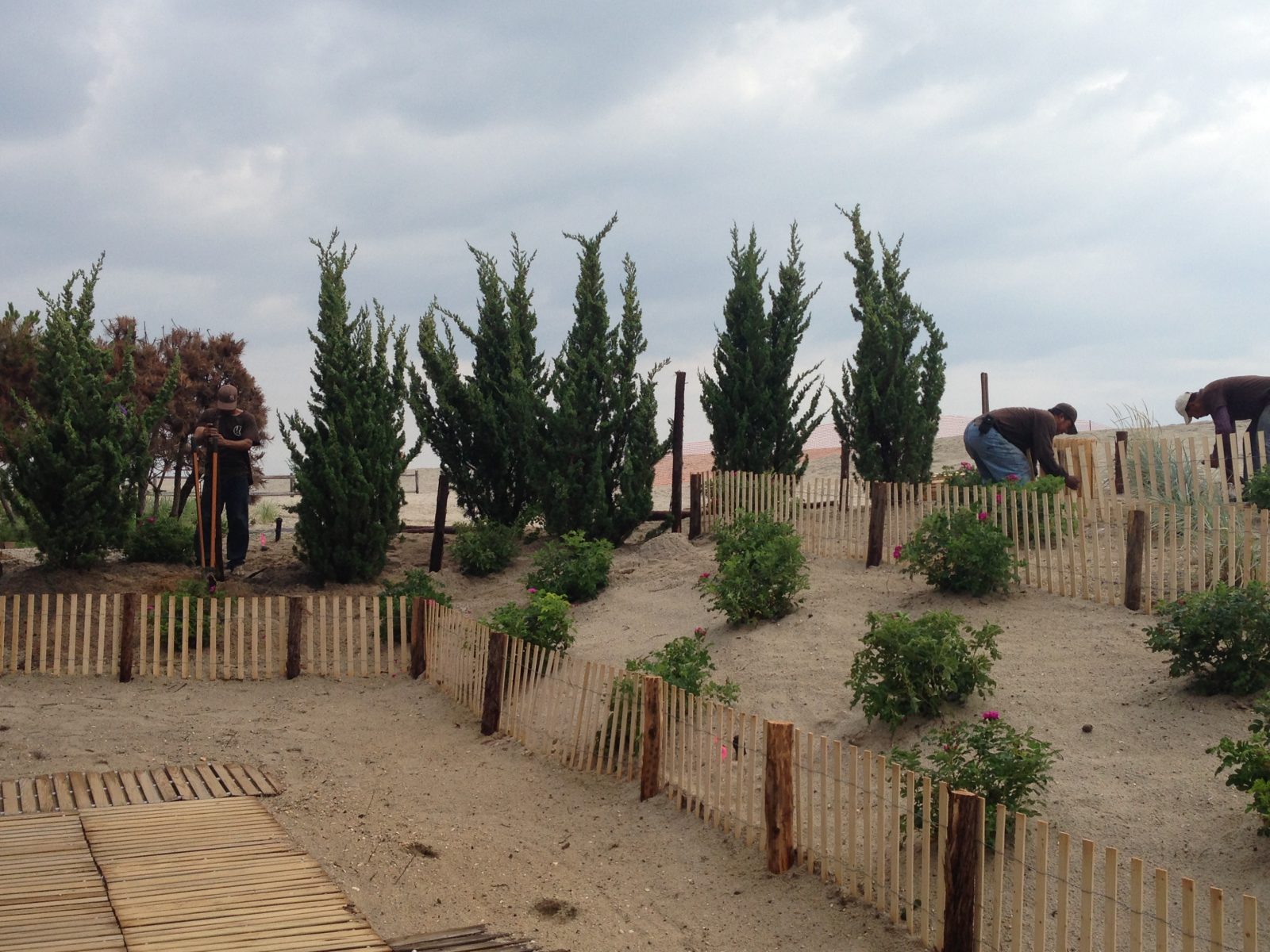Beach Landscaping – How to Maintain it Through Cold New Jersey Winters
Although we usually spend most of the fall and the month of December crossing our fingers for a mild winter, it rarely seems to be the case. This year, instead of hoping your landscape survives winter weathering – especially beach landscaping – make sure you take the proper steps to protect it. You worked hard to make a sanctuary at the beach your home, now it’s time to work hard to protect it.
Keeping up with your landscaping all year is essential. Maybe you want to have an attractive landscape in winter, through all of the snow and weathering. Or maybe you think it’s best to let the cold do its job and hope for a beautiful rebirth of your landscape in May. Either way, taking the extra steps to counter these conditions will help the regrowth process tremendously. Winter is helpful in showing you what your landscape may be lacking, and what you want to plan to add or continue to grow in the coming months after the cold spell.
Plant Life
A common misconception about landscaping in the winter is that it is not necessary to water, fertilize, or prune trees and shrubs as it begins to get colder. The reality of this is unless there is snow on the ground, grass doesn’t stop growing and neither do plants. Don’t be mislead by the gray and dreary look of your grass and shrubbery – they still need water and tending to. In preparation for the cold weather, consistently weed, rake debris, and water your greenery. Aerating your lawn can also help with a healthy regrowth come spring, as it lets fertilizer, air, and water into the soil. We suggest doing these things regularly until winter and snow set in. If you don’t have a lawn on your beach property, then you have one less thing to worry about.

Plant Choice
As beach dwellers, your problems don’t stop at snow. Erosion comes in the form of wind, waves, rain and salt spray. If you want to keep your landscape intact through storms and weathering, use plants that are well adapted to this type of erosion and can withstand the conditions, known as “native plants”. Smaller plants, trees, and shrubs have roots that reinforce/support sloping systems, such as dunes. The benefits that come from these types of plants is their ability to adapt by using water directly from the ground and absorbing it through their leaves further preventing wave/water erosion. The roots of these plants also support the structure of the dune. Planting around a driveway can also help in preventing erosion and pollutants for further protection. By using native plants, you’re not only creating a buffer from the harsh weather conditions but also slowing down the process of water erosion that is common in our area.
Plant Maintenance
The benefit of utilizing well-adapted native coastal plants far outweighs the cost. Instead of overhauling your landscape every spring, you can maintain it through the winter and ensure a healthy growth as the seasons start to change. Since native plants we well adapted to the climate of the region, their upkeep is minimal and they rarely even need pesticides. These plants and shrubbery not only offer a healthy regrowth but also help to improve water quality and provide healthy nesting for wildlife.

Complete Beach Landscaping Design and Maintenance
By taking these preventative measures, your landscape will be transformed from barren to beautiful come spring. David Ash Jr Landscaping Contractors are beach landscaping experts.
Have any questions about your beach landscaping or how to prepare for the cold winter months? Contact us!
*For more information on native plants and their benefits, see this chart.





